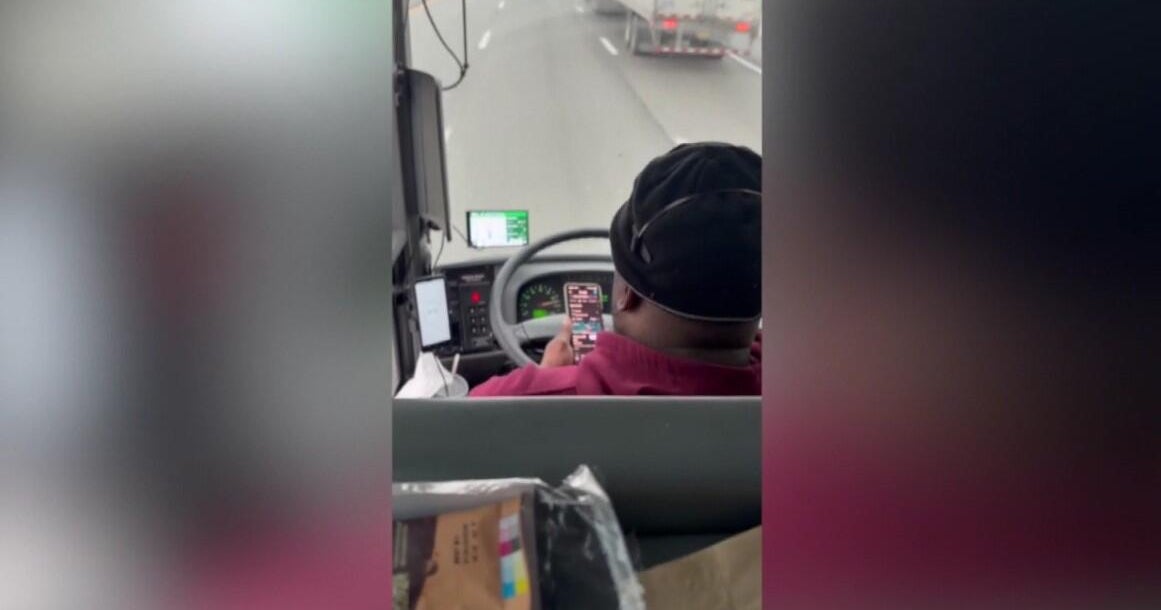How your ZIP code can hike your car insurance premium
You might not feel so friendly with your neighbors across the street if you found out they're paying $410 less in annual car insurance premiums -- even though everything about you and your neighbor is exactly the same, including driving record and the make of your cars.
The only difference, as the Consumer Federation of America (CFA) found out: your ZIP code, which lots of insurance companies in many states use to decide who will pay how much. In one extreme example in Michigan, drivers living in Detroit paid 62 percent more annually for a basic liability policy than those living in adjacent Grosse Point, said the CFA in a study released Monday. Insurer Allstate more than doubled its rate for one Denver low-income ZIP code compared with a nearby suburban one.
ZIP codes are a convenient, but not a good, way to find out who lives in a particular area and whether an auto insurer wants to take a chance on them, said Bob Hunter, director of insurance at the CFA, an association of more than 250 nonprofit consumer groups. Insurers generally, but not always, target ZIP codes with a greater proportion of lower-income and minorities for higher rates, and usually those areas are within the city limits, he said.
"The overall system is flawed," said Hunter, who believes that "geographic pricing should be sharply limited or eliminated," and that "insurers instead should use driving records and miles driven."
Insurers, who are represented by the Insurance Information Institute (III), say areas bordering on a city are safer to drive in than the cities themselves and that motorists who live there should pay less.
"Where you drive is one of the strongest predictors of how likely you are to be in an accident," said Michael Barry, the head of media at the III. "Yet online price quotes vary widely even within the same ZIP codes because insurers also look at driving record, the make and model of the vehicle, and in 47 states, their credit-based insurance score."
The CFA study used online quotes from six top insurers: Allstate, Farmers, Geico, Liberty Mutual, Nationwide and Progressive, and analyzed adjacent ZIP codes in 10 cities across the country. The largest car insurer, State Farm, wasn't included because its data was unavailable. The CFA used actual addresses but to be consistent, it invented a "sample" driver whose record was exactly the same.
The organization has used several recent studies to show that auto insurance pricing discriminates not only against low-income people but also minorities. "Insurance companies once drew red lines around communities they didn't want to serve," said Doug Heller, an insurance consultant with the CFA. "Now they overprice them … raising rates on someone for living on the wrong side of the street."
But insurers drew quite the opposite conclusion. They said there was a lot of difference in the rates insurers charged in all of these areas. For example, Allstate and Liberty Mutual actually charged less in some low-income areas than in neighboring middle-class ZIP codes. And prices varied widely across the 10 cities. "Consumers have a large variety of choices, and we encourage them to shop around," said Vice President Dave Snyder of the Property Casualty Insurers Association of America.
Thus far the CFA hasn't had much success with efforts to prove economic or racial discrimination to the nation's state insurance regulators. Even though it has forwarded every study to each one of them, the CFA's Hunter said "only a handful have responded."



